
medium.com/@sarilog/lea...
05.02.2026 18:13 — 👍 2 🔁 0 💬 0 📌 0@sarilog.bsky.social
Scientist: microbial interactions & carbon cycle. Professor, mom, queer, expat, first-gen, neurodiverse... inclusion & sustainability

medium.com/@sarilog/lea...
05.02.2026 18:13 — 👍 2 🔁 0 💬 0 📌 0
very sad news. Peer Bork was one of the leaders of our field, a wonderful scientist, and he's much too young to be gone. www.embl.org/news/embl-an...
16.01.2026 18:33 — 👍 144 🔁 82 💬 10 📌 7
A free, open-access library of high-quality organism illustrations for science communication
29.12.2025 18:03 — 👍 268 🔁 134 💬 1 📌 4
Excited to share our new @natecoevo.nature.com
paper. We identified microbes found across nearly all ruminants that act as the functional backbone of both the rumen ecosystem and the host, with major implications for food security and climate change mitigation. (1/8)
www.nature.com/articles/s41...

Troubleshooting common errors in assemblies of long-read metagenomes - @merenbey.bsky.social @banfieldlab.bsky.social go.nature.com/44P7nSm
02.01.2026 16:39 — 👍 43 🔁 20 💬 0 📌 2
Excited to see our new work published! We have established the evolutionary and ecological context of our favorite model Caulobacter and made some unexpected findings.
Who would have thought that close relatives lack dimorphism? And have potential for phototrophy?
www.nature.com/articles/s41...
Microbial model communities exhibit widespread metabolic interdependencies www.nature.com/articles/s42... #jcampubs
04.12.2025 14:33 — 👍 9 🔁 3 💬 0 📌 0You can also read the story behind the story here:
medium.com/@sarilog/mic...
I'm very excited to share early access to "Microbial model communities exhibit widespread metabolic dependences"
doi.org/10.1038/s420...

Our paper describing the GlobDB is now published in @bioinfoadv.bsky.social
doi.org/10.1093/bioa...
The GlobDB is the largest species dereplicated genome database currently available, containing 306,260 species representatives.
More information on globdb.org 1/5
🖥️🧬🦠

We have a date for the free-to-attend #anvio workshop and ECR Symposium for 2026, and we look forward to meeting you at the @hifmb.de in Oldenburg, Germany!
Please find more information on the venue, program, and the application form here, and spread the word 😇
anvio.org/workshops/20...

Two new positions are available at the MPI for Evolutionary Biology to support development of our genomics facility. Both stand to become permanent. Both offer a ton of opportunity to engage in a wide range of creative science.
Pls repost 🙏
www.evolbio.mpg.de/3838377/job_...

Metabolic interplay drives population cycles in a cross-feeding microbial community www.nature.com/articles/s41... #jcampubs
07.10.2025 16:21 — 👍 12 🔁 6 💬 0 📌 0
I am extremely happy to share our latest manuscript "Widely-distributed freshwater microorganisms with streamlined genomes co-occur in cohorts with high abundance". This project started back in 2021-2022 and after a long time, it sees the light today!
www.nature.com/articles/s41...

How do microbes become permanent partners? 🌊🔬🦠 Check out our new study published in Current Biology showing how cyanobacterial genomes evolve step-by-step into endosymbionts of diatoms. www.sciencedirect.com/science/arti...
@currentbiology.bsky.social @mehrshmali.bsky.social
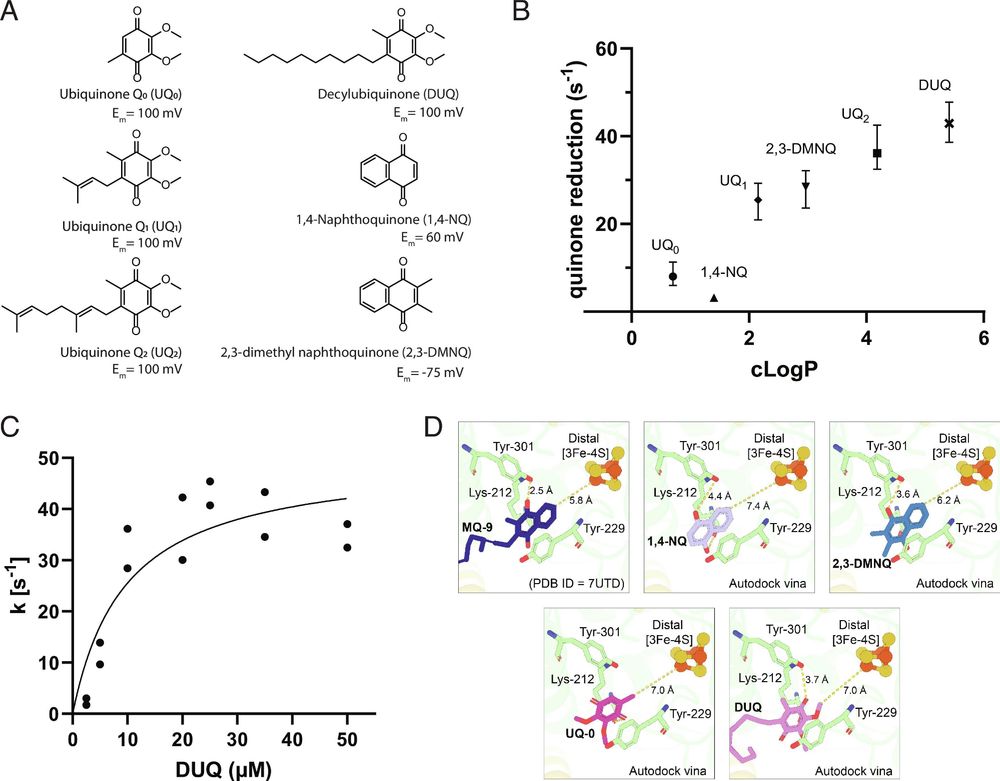
Our article showing energy production from air alone is in PNAS today. This paper provides an ultimate biochemical proof that microbes can survive simply by 'making' energy from air (making two ATP per molecule atmospheric H2 consumed) and has biotech applications. www.pnas.org/doi/10.1073/...
25.07.2025 00:54 — 👍 118 🔁 55 💬 4 📌 6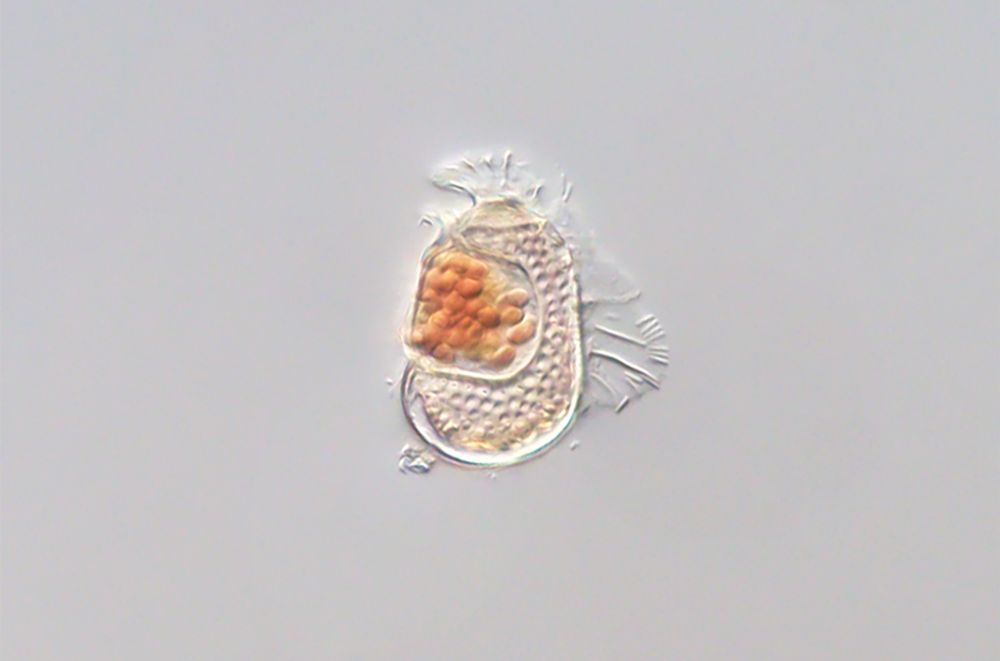
This is wild! Stay weird, evolution | Microbe with bizarrely tiny genome may be evolving into a virus | Science | AAAS www.science.org/content/arti...
16.06.2025 18:14 — 👍 69 🔁 24 💬 3 📌 7
I am very happy (and anxious) to share with you our most recent work in which we evaluated four of the most popular long-read assemblers,
www.biorxiv.org/content/10.1...
and tell you just a little bit about it in the following 🧵
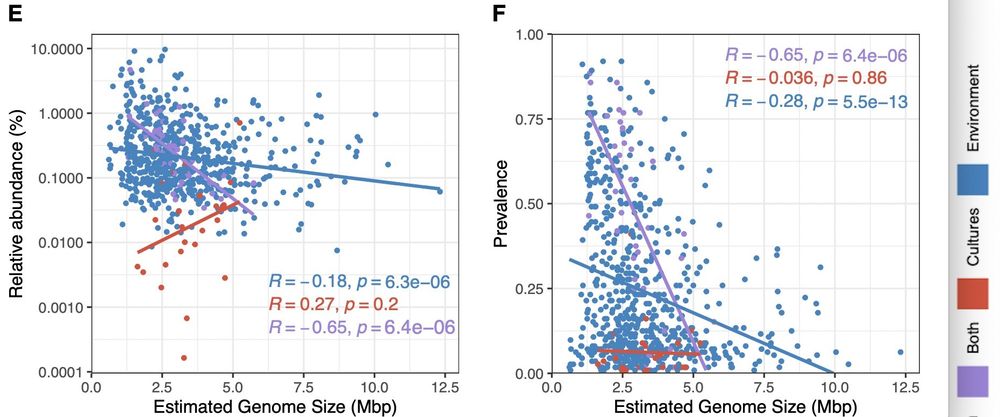
4) a community that is potentially interdependent
5) ubiquitous microorgansims
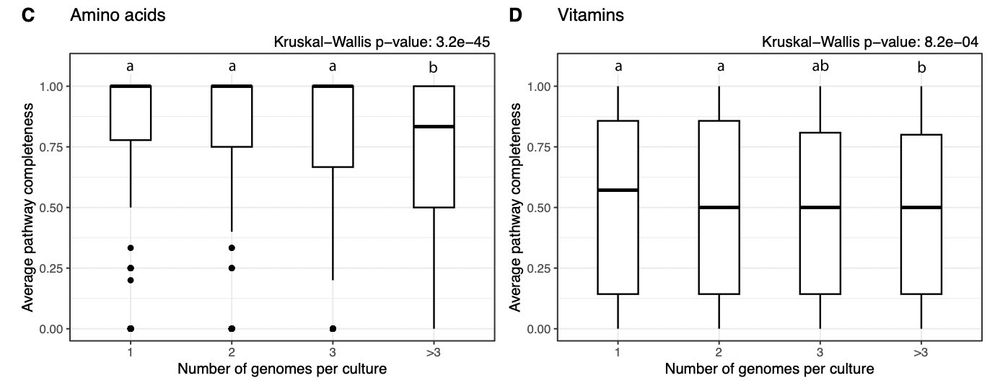
3) microorgansims with lower biosynthetic potential
29.04.2025 05:01 — 👍 0 🔁 0 💬 1 📌 0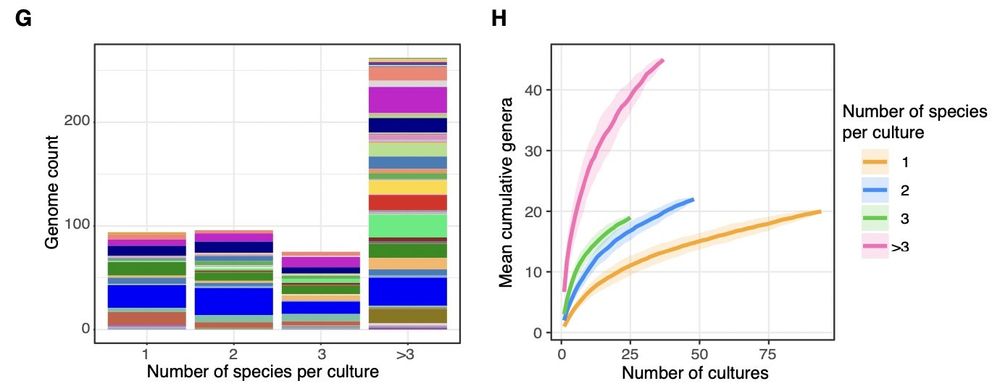
2) more of the diversity out there
29.04.2025 05:01 — 👍 0 🔁 0 💬 1 📌 0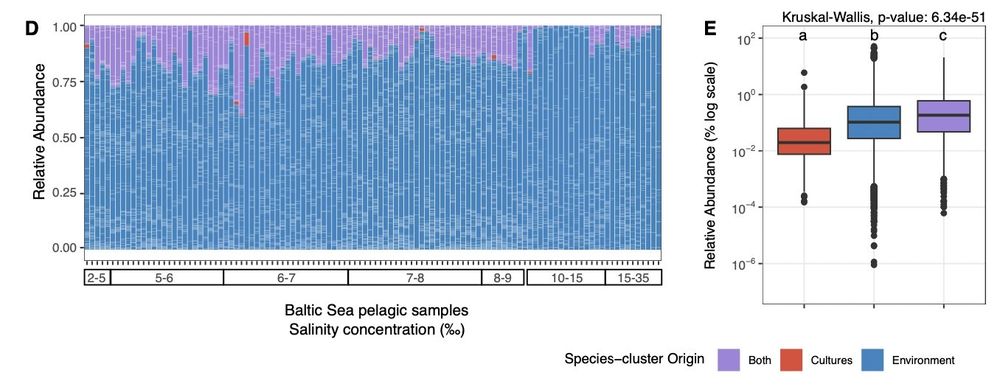
Microbial model communities reveal widespread auxotrophies in abundant bacteria
Our results highlight the value of cultivating microorganisms in groups to cultivate:
1) abundant microorganisms
tinyurl.com/miintmodcom
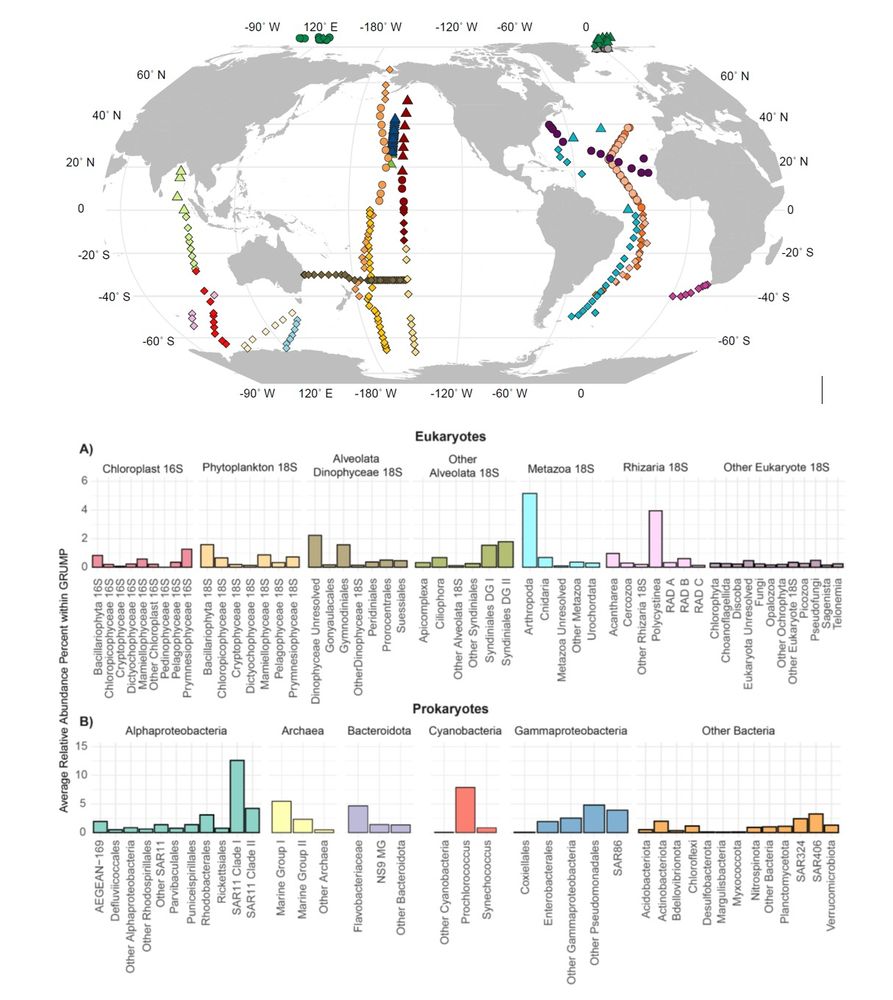
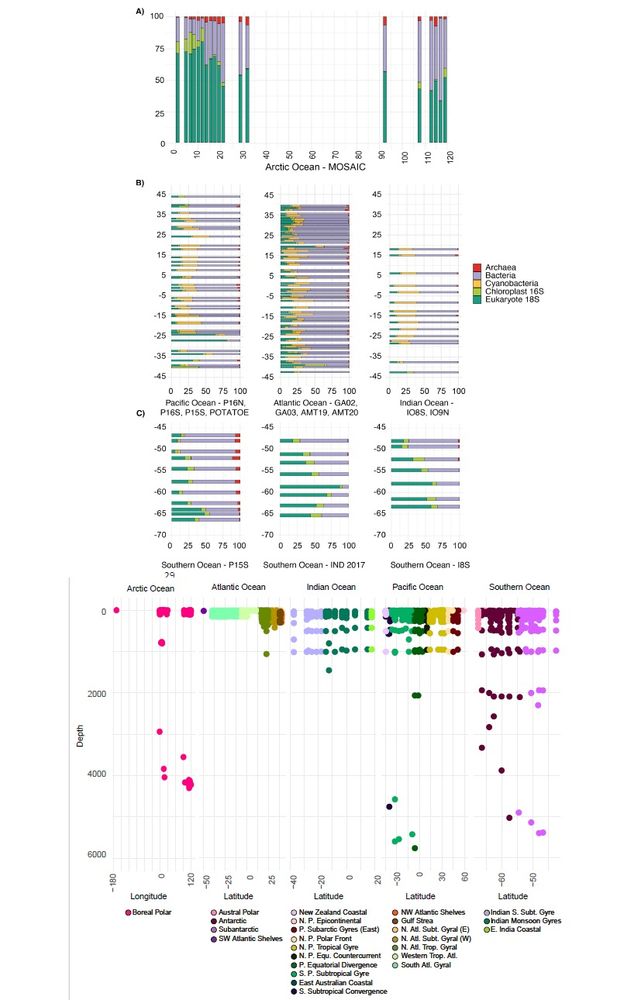
Just out - The first global ocean 3-Domain microbial survey where all organisms can be directly compared quantitatively. Unfractionated and amplified from just 2 primers (vetted with mock communities and metagenomics), so all with the same denominator. www.biorxiv.org/content/10.1...
27.02.2025 17:21 — 👍 76 🔁 38 💬 4 📌 1Do you like potatoes? Don't miss our most recent work on tetraploid potato genome!
@nature.com
#potato #genomics #history #evolution
We offer a 5-year research position in the #PlanktonEcology lab in Wilhelmshaven. Are you interested in empirically testing ecological concepts? We offer a stimulating scientific environment, experimental facilities & support to establish an independent research profile
uol.de/en/job/postd...
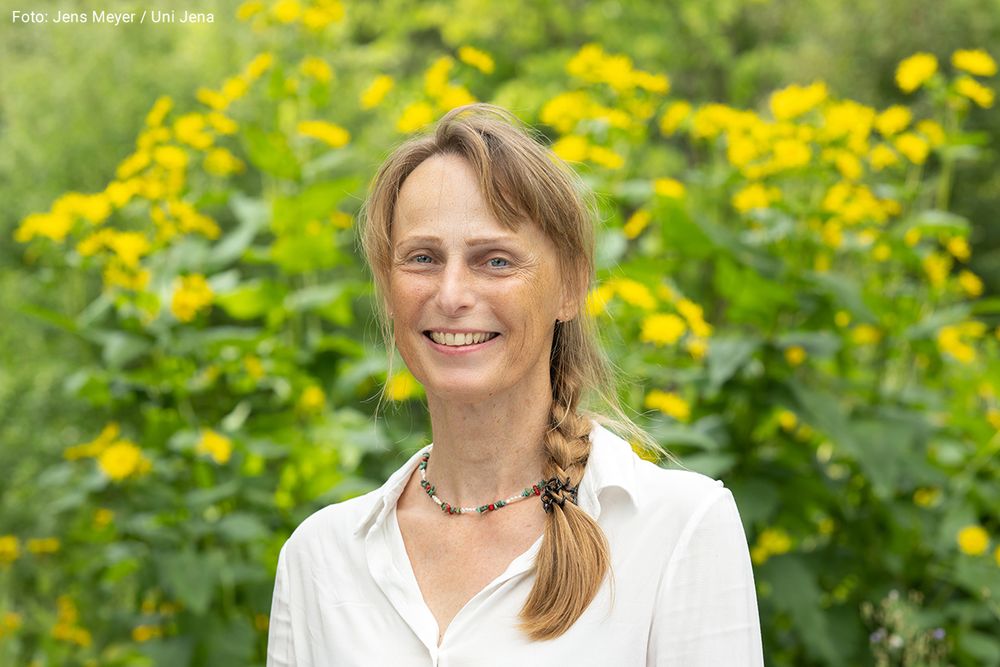
Prof. Dr. Kirsten Küsel. Foto: Jens Meyer / Uni Jena
Our microbiologist Prof. Dr Kirsten Küsel has been elected as member of @leopoldina.org. 💐
The speaker of the Cluster of Excellence @microverse.bsky.social and @crc-aquadiva.bsky.social at #UniJena studies microbial communities in soil, water and deep underground.
➡️ www.uni-jena.de/en/310794/pr...
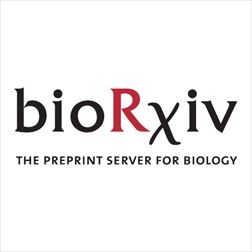
Check out this amazing evolutionary story!
The path to dependence: stepwise genome evolution from a facultative symbiont to an endosymbiont in the N2-fixing diatom-Richelia symbioses
www.biorxiv.org/content/10.1...

"~demonstrating the successful expression and assembly of this (Archaeallum) machinery in Bacteria and its function in swimming motility."
Horizontal gene transfer of the functional archaellum machinery to Bacteria
www.biorxiv.org/content/10.1...
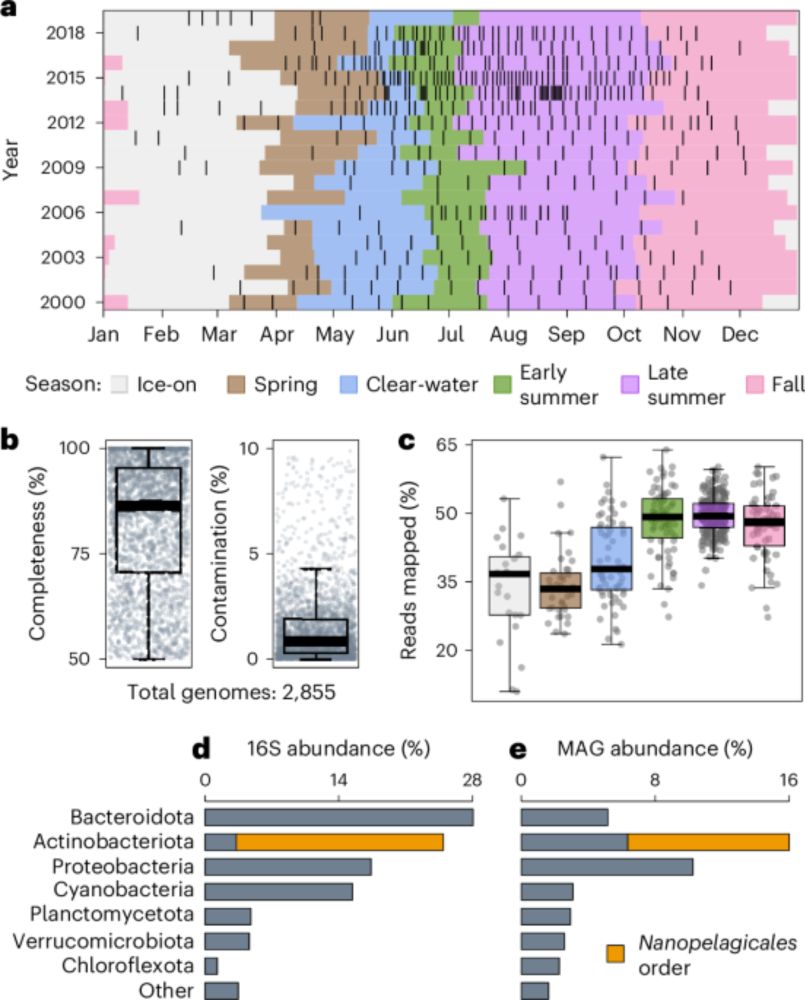
Today is the one-year anniversary of finishing my recent @naturemicrobiol.bsky.social paper's final draft 📝. It is also my son's 1st birthday 🐣. Seems like a good time for an explainer thread! (1/n)
@archaeal.bsky.social @quendi.bsky.social @sarilog.bsky.social
www.nature.com/articles/s41...
Uni Oldenburg is starting a genomics facility, and we are looking for a bioinformatician.
uol.de/en/job/bioin...
The position is initially for 3 years, but there are chances of permanency after the 3 years.
Please share!